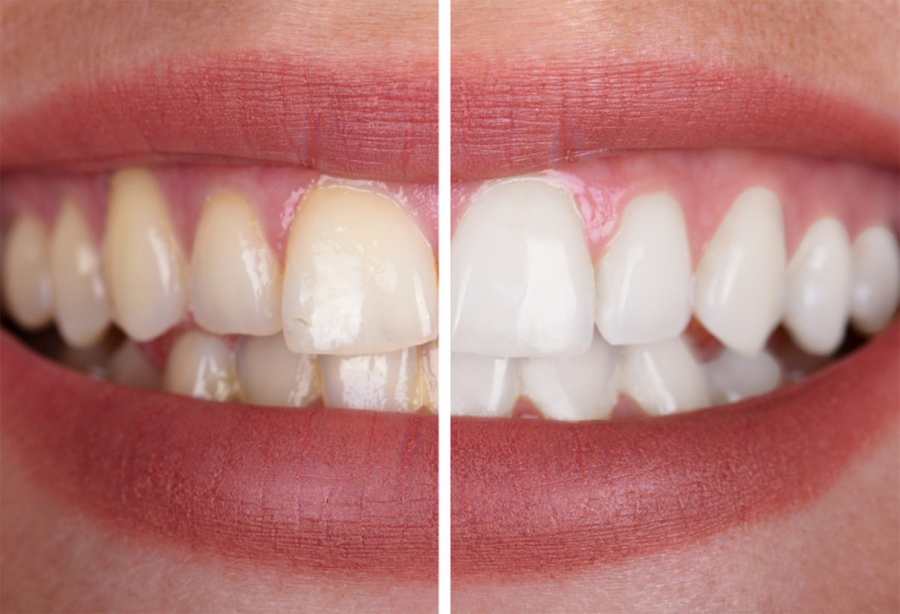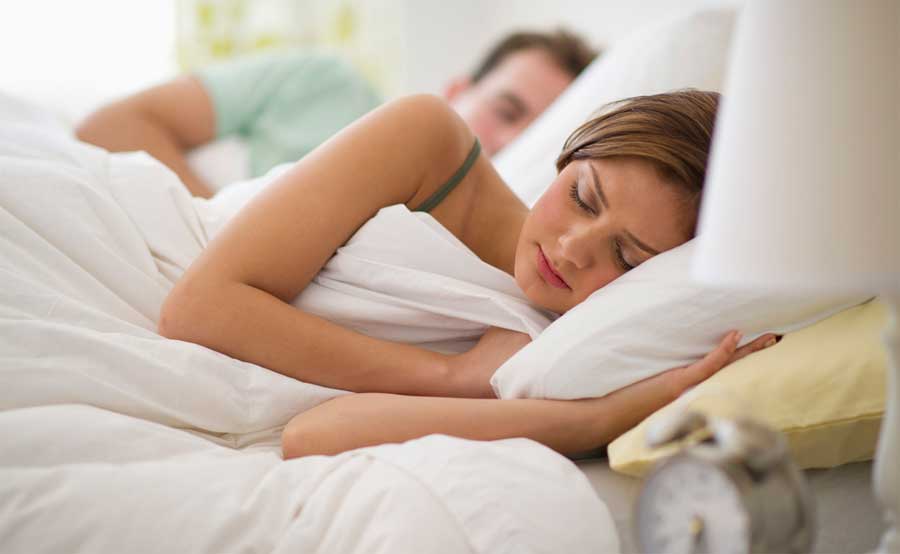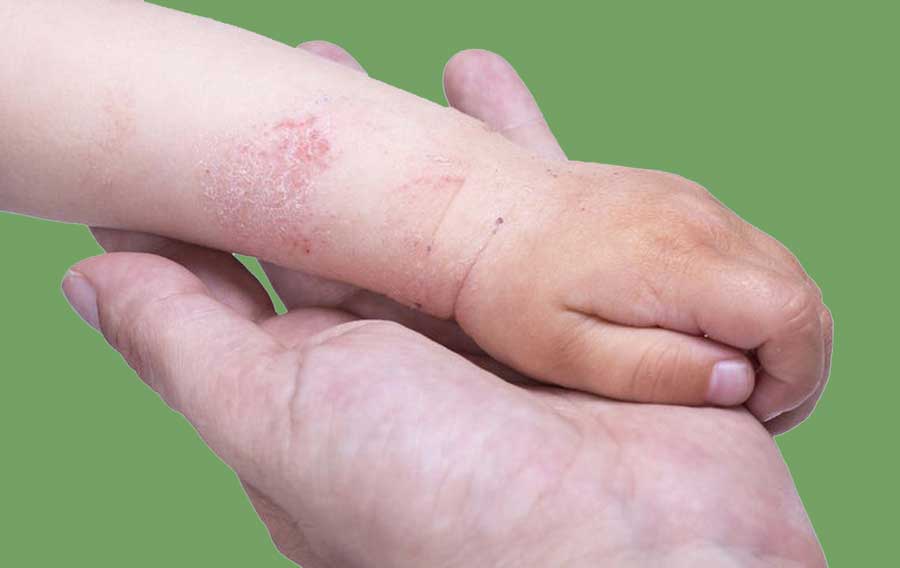The green poop causes can vary. Sometimes green stools are the result of consuming green foods, infections that cause diarrhea, bile and green stools can also be caused by side effects of certain drugs.
6 Most Common Green Poop Causes
Common green poop symptoms
The stool has a consistency if you pay attention, the color of the stool can vary from light to dark in color. Most people’s feces are brown, doctors also agree that brown is the general color of human feces. Whatever the reason, green poop is not a form of good health, but it is not something that should cause you to panic. Why? Because the color of feces is determined by many factors. Among the things that determine the color of feces (feces) are your daily diet, the medicines you take, and some digestive disorders. In most cases, green stool is the most abnormal color. But there are also some who consider it normal stool. Some stools are red, black and white, this is also not uncommon and requires a doctor’s visit for examination.
Common Accompanying Symptoms
Green stool is also sometimes accompanied by other symptoms such as experiencing:
- Diarrhea
- Stomach ache
- Indigestion
- Gas
- Bloating
- Defecation frequency
- Appetite changes
Why is Your Poop Green?
Let’s dive into more about green poop.
The brown color of the stool (as you can usually see) is the result of bilirubin, a product produced by the liver when it breaks down old blood cells. Then, the bilirubin enters the intestine and mixes in the intestine with digested food, enzymes, and intestinal bacteria. As stool moves through the intestines at a normal rate, bacteria interact with the contents of the stool and turn it brown.
All of these changes to this process during illness could mean that the stool is processed in a different way and the effect will be a different color.
1. Diet and medication-related causes
One of the causes of green stools is the result of your food. This could include:
Dietary changes: The most common cause of green stools are foods you ingest or green foods. Green food can be green vegetables such as spinach or kale. Food coloring that is in certain foods you eat (ice pops or jelly) can also be a cause of green stools.
Antibiotics: Sometimes you have taken antibiotics to treat infections but they have a big effect on the bacteria in the intestine that are responsible for processing feces.
Other drugs: The cause of green poop can also be caused by certain drugs that you eat, such as painkillers, or certain supplements.
2. Natural causes
Colored stools can also occur as a result of more natural bodily processes, these can be:
Bile: Bile is a substance that is produced in the liver and stored in the gallbladder. Bile is useful in digesting fat and it is green in nature. Usually this substance is broken down in the intestines but sometimes it also remains in the stool which causes your stools to be green.
Young age: The young age that is meant is like a newborn baby. Usually, newborns have green stools for several days, then they change color to yellow or brown.
3. Illness-related causes
Apart from being caused by the body’s natural processes and the food we eat, the causes of green stools can also be caused by certain diseases. Among the specific diseases or health problems that cause this are:
Gastrointestinal diseases: These are diseases like Crohn’s Disease or Irritable Bowel Syndrome, these diseases can cause absorption disorders in the intestine and they can change the formation of feces.
Parasites: Parasites are diseases in the digestive system that can interfere with digestion and can cause green stools. This usually happens if you travel abroad or you often eat raw food that carries parasites.
Gastroenteritis: This is another problem of digestion, you could say this is diarrhea which forces the stool to move more quickly through the intestine so that the intestinal bacteria don’t have enough time to digest food properly. As a result, food comes out as feces in the same color as when eaten.
4. Possible early irritable bowel syndrome (ibs)
Irritable bowel syndrome is a very common problem and can affect the large intestine. The result can cause abdominal pain, constipation, stomach cramps, bloating, and diarrhea can also occur. Doctors think that IBS occurs because the brain sends the wrong messages to the gut, just like during high stress, and this can cause physical changes.
Rarity: Common
Urgency: Primary care doctor
Top Symptoms: Abdominal pain, fatigue, stomach pain, nausea or vomiting, stool discoloration and constipation.
Check out more:
5. Viral gastroenteritis (stomach bug)
Then, the cause of green poop is also caused by viral gastroenteritis (stomach bug). This disease involves inflammation of the stomach and intestines. The cause is a variety of viruses including Rotavirus, Norovirus, Enteric Adenovirus, Astrovirus and Sapovirus. Infection caused by one of these viruses can cause digestive problems including nausea, diarrhea, vomiting, and even cause fever and stomach cramps.
So, the virus does not have the same effect on everyone. When experiencing severe diarrhea and vomiting, dehydration can occur. Usually gastroenteritis is not accompanied by severe vomiting, severe abdominal pain or severe dehydration. Usually gastroenteritis can be treated at home safely. This disease can be transmitted by contact with other people who have gastroenteritis.
6. Viral (norovirus) infections
Norovirus infection is an infection caused by Norwalk and it is highly contagious. This virus is transmitted when there is vomit or stool marks from people who have this disease. It can also vomit on any surface which is then held by another person.
Norovirus can cause severe digestive upset and is very dangerous. Among the symptoms of norovirus infection are: Abdominal pain, fever, diarrhea, body aches, body aches can last for one to three days. The biggest risk from this infection is dehydration.
Norovirus is a virus that does not work with antibodies. So good treatment is supportive care, meaning we have to give lots of fluids along with mild pain relievers until the patient recovers. Remember, don’t give aspirin to children. If the dehydration experienced by sufferers does not improve, then you should immediately seek medical help.
Prevention against norovirus is thorough hand washing (frequent thorough hand washing). Besides washing vegetables and fruits, all food must be cooked well, especially shellfish (foods that often carry parasites).
Normal Variation of Constipation
What is the frequency of stool bangs that is considered normal. Constipation is a condition in which it is difficult for a person to dispose of feces, this is a result of the dense structure of the feces, which makes it difficult for the intestines to remove it.
There are many variations that are considered normal for defecation, in terms of frequency, where if you defecate 3 times a day or 3 times a week it is still considered normal.
So, as long as your poop is easily removed and you don’t need to use laxatives, this condition is still considered normal and not constipated.
Constipation usually occurs due to a lack of fiber in food, lack of fluid intake (drinks), infrequent exercise, and often suppresses or prevents the body’s desire to defecate.
Certain medications such as narcotic pain relievers can cause constipation as well. Constipation conditions often occur in women as a result of hormonal changes. Small children who demand a low-fiber diet or often eat junk food also often experience constipation.
How to Treat Green Stools
As we mentioned above, the treatment for cases of green poop depends on the cause.
Cases of green poop are sometimes the result of slight changes in the digestive system but are not an important and major concern.
At-home treatments
Maybe the steps below are enough to solve the problem of green stools. What are the steps to treat green poop, let’s pay attention!
Keep track of what you eat: This is important because dietary changes are the most common cause of green stools. You can keep a record of the types of food you eat. Sometimes you eat a kale salad or smoothie which can make your stools green. If you already know the cause of eating, overcoming green poop is very easy, all you have to do is stop consuming these green foods. But actually this is not a problem, and you can continue to eat green salad because it’s not a scary thing or a disease.
Review what medications you have taken: Usually the labels on prescription drugs often indicate there will be changes in the stool after taking the drug.
Be patient if you’re ill: Stomach infections and diarrhea usually go away on their own. If the condition is not severe, you just have to be patient and drink lots of water. Even if your stool is green, chances are that after recovery your stool color will return to normal.
When to see a doctor
If your stool is green, then pay attention to the following. If you find any of the following, then immediately go to the doctor.
- The diarrhea doesn’t go away after a few days
- Stool changes accompanied by severe and persistent abdominal pain
- Your poop is frothy, you stink
- Other changes in stool such as black, red, or white.
- Eating raw or undercooked food and seeing your stool turn green.
- When you are camping or traveling abroad
Seek medical help immediately if you experience any of the following:
- The volume of stool is very large, especially if it is dark black or bloody
- There are signs of severe dehydration such as fast heartbeat, dizziness and fainting.
Also check out:
- 7 Fermented Foods Benefits for Our Health
- Does Cranberry Juice Make You Poop and Cause Diarrhea?
- The Causes of White Specks In Stool and What To Do
FAQs About Green Poop
Does stress cause green poop?
No, in general stress does not cause green poop. Green poop is the possibility of you eating raw foods, green vegetables, green salads such as kale salad, or because a natural substance in the body that comes from bile. Green poop is also possible from fast bowel movement which causes intestinal bacteria to not have time to break down food completely.
Can an infection cause green poop?
No, green poop is rarely caused by an infection unless it causes your intestines to move quickly and carry away food before it is properly digested.
My poop is green during pregnancy, why?
Green poop is not an indication of certain diseases. So, this condition can occur due to many other factors. So doctors don’t use green dirt as a tool or material to diagnose certain diseases. The reason is, there are also many normal health conditions but green stools.
So, green poop during pregnancy may occur because of the iron pills you are taking, or occur because you eat enough green vegetables.
Does teething cause green poop?
No, teething doesn’t cause green baby stools. Changes in the color of baby poop can occur due to changes in diet. For example, you have just introduced certain foods to your baby as their teeth grow. So, this could be a change in the color of the stool.
Green poop smelling like sulfur?
Green feces that smell of sulfur or have a foul odor could be an indication of an infection in your digestive tract. Among them is a giardia infection. Most of these infections will clear up on their own. But if it’s been more than 10 days and you don’t get better, you even feel weaker and can’t hold fluids down without vomiting, then you are in a position to see a doctor immediately.











